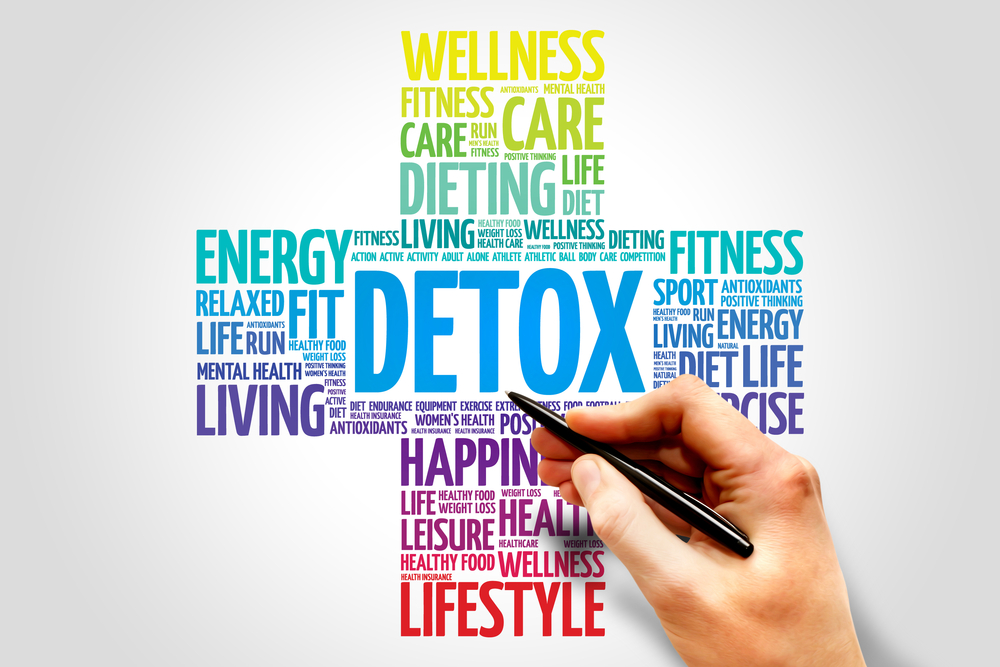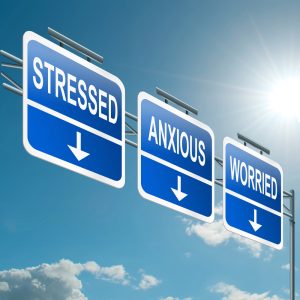
Written by Alex Alonso,
Rehabilitation plays a key role in helping patients regain strength, function, and hope. Yet good rehab needs more than just treatment plans. It needs dedicated people who know how to guide, motivate, and support. Healthcare professionals can support better rehab outcomes by using simple but effective steps in daily practice. Their patients rely on clear guidance and realistic goals. Likewise, families need advice and resources to help at home. All teams must work together and stay updated. Taking all these steps makes rehab work better for every patient. Focusing on clear talk, teamwork, and smart care plans enables healthcare professionals to support better rehab outcomes that truly last.
Build Trust Through Clear Communication
Trust is the foundation of strong rehab care (Ha, J. F., & Longnecker, N., 2010). Patients who trust their care team are more likely to follow plans and speak up when they struggle. To build trust, healthcare professionals must use clear and honest words. Avoid medical jargon that confuses or scares patients. Simple language eases fear and opens the door for questions.
Active listening is key—give patients time to share feelings or worries. Show empathy through words and actions. Even ‘tough’ talks about setbacks should be honest yet kind. For patients facing addiction, clear talk and support are vital, and extra resources such as substance abuse counseling can guide families and patients through difficult times. Open talks build trust, which helps healthcare professionals support every patient, no matter the challenge they face.
Create Patient-Centered Care Plans
Each patient has unique needs, goals, and limits. Therefore, a strong rehab plan should reflect this. Healthcare professionals can support better rehab outcomes by creating patient-centered care plans (Epstein, R. M., & Street, R. L., 2011).
First, listen to what matters most to the patient. Find out what motivates them and what fears hold them back. Adjust treatment goals to match their daily life and values. Keep plans flexible—if progress stalls, talk about new options.
Also, bring the patient into every step. When people feel heard, they stay engaged. For patients with addiction, it helps to understand the nature of addiction and substance abuse for each patient, so plans can address their specific needs. Share updates often and check if goals still fit. Patient-centered care builds trust and keeps rehab focused on real progress.
Set Realistic Expectations for Recovery
Setting clear and realistic expectations helps patients stay motivated during rehab. Unmet hopes can lead to frustration and dropout. Healthcare professionals can support better rehab outcomes by talking openly about timelines, limits, and possible setbacks.
Each person’s progress depends on many factors, including age, health, and the type of substance involved. Some addictions take longer to treat than others, and it helps to know that rehab recovery rates vary by substance. This knowledge guides professionals to give honest, informed advice that fits each patient’s situation.
When patients know what to expect, they feel more in control and less afraid of slow progress. So, set small, reachable goals along the way. Celebrate wins, no matter how small. Honest talks about recovery timelines builds trust and helps patients stick with treatment until they reach a stronger, stable life.
Foster Multidisciplinary Teamwork
No one can handle rehab alone. Healthcare professionals can support better rehab outcomes by working as a strong, united team (Zwarenstein, M., Goldman, J., & Reeves, S., 2023). Each member brings a skill that helps patients heal faster and better. Doctors, nurses, therapists, and social workers must share updates and goals often. Clear teamwork avoids mistakes and keeps care smooth. Good teamwork makes patients feel safe and supported from all sides.
Key ways to foster teamwork:
- Define each role clearly so that duties do not overlap.
- Share patient updates in a simple, clear format.
- Hold weekly meetings to fix gaps early.
- Respect each member’s input and ideas.
- Solve conflicts quickly to keep trust strong.
When everyone works together, patients see better results and feel true support.
Monitor Progress Consistently
Progress checks keep patients on track and show what works or needs to change. Watching progress closely and adjusting plans when needed is crucial for positive outcomes. Use simple tools to track daily or weekly goals.
Share these updates with patients to keep them motivated. When patients see proof of improvement, they gain hope and push harder. If progress stalls, act fast—talk with the team, find barriers, and fix them early. Keep records clear and easy to share with the whole care team.
Good monitoring helps spot problems before they grow. Check-ins can be quick but should happen often. Honest progress talks build trust and keep everyone focused on real results. When healthcare teams watch progress closely, patients get better care and stronger rehab results.
Encourage Family and Caregiver Involvement
Family and caregivers play a big role in a patient’s rehab journey. They can motivate, remind, and guide patients when professionals are not around. Healthcare professionals can support better rehab outcomes by teaching families how to help safely and wisely.
First, give clear instructions for home exercises and daily care. Explain what signs to watch for if things get worse. Families should feel free to ask questions at any stage. Offer tips for daily challenges, such as managing addiction during holidays, when stress and temptations can rise. Share simple dos and don’ts that can help them avoid common mistakes. Also, include caregivers in progress talks to keep everyone informed.
When families feel supported and prepared, they stay strong partners in care. Their steady help boosts patient confidence and makes rehab goals easier to reach.
Use Technology to Improve Care
Technology can make rehab easier, faster, and more personal. Using simple tech tools that fit patient needs enables healthcare professionals to support better rehab outcomes.
For instance, telehealth visits help patients check in without leaving home. Mobile apps remind them to do daily exercises and track progress. Video calls keep families involved, even from far away. These easy-to-use tools help patients stay on plan and share updates with their team.
However, before using new tools, show patients how they work. Keep instructions short and clear. Pick apps or devices that match the patient’s skill level. Use online reports to spot problems early. Keep in mind that tech should not replace human care but add to it.
Smart tools save time and help patients feel connected and supported every step of the way. When used right, technology builds trust and stronger rehab results.
Provide Ongoing Training for Staff
Good rehab care depends on skilled, confident staff. Staying trained and informed is crucial so that healthcare professionals can support better rehab outcomes. Regular training keeps everyone updated on new methods and tools.
Short courses or workshops can also refresh key skills and add new ones. Peer reviews help staff learn from each other’s strengths. Simple feedback sessions fix small problems before they grow. Encourage open talks about what works and what needs to change. All of this builds a work culture where learning never stops.
When staff feel ready and supported, they give better care. Patients notice this and trust the team more. Strong training programs lead to clear plans, safe care, and steady progress for every patient. Skilled teams make real recovery possible.
Address Mental and Emotional Health
Rehab is not just about the body; the mind matters too. Stress, fear, and low mood can slow recovery and weaken progress. Healthcare professionals can support better rehab outcomes by caring for mental and emotional health alongside physical healing (Kelly, J. F., & Greene, M. C., 2014).
Watch for signs of anxiety or depression. Take time to listen if a patient feels overwhelmed. You can always offer simple stress tips, such as deep breathing or light exercise. If needed, connect patients with counselors for extra help. Use group support when possible to help patients share and heal together.
For some, knowing the connection between addiction and mental health can make it easier to talk about hidden struggles. When mental health is cared for, patients stay stronger, stick with treatment, and see real gains that last far beyond rehab.
Promote Long-Term Self-Management
Rehab does not end when formal treatment stops. Patients still need tools to manage their own care at home. Healthcare professionals can teach them long-term self-management skills. First, show patients how to track progress and spot warning signs early. Give them simple, clear guides they can follow along. Also, encourage healthy habits that keep recovery strong. Check-in often, even after discharge, to keep support steady.
Here are some key steps to promote self-management:
- Teach safe home exercises and stretches.
- Provide easy checklists for daily care tasks.
- Share a simple meal or sleep tips to boost recovery.
- Set up reminders for follow-up visits.
- Encourage patients to keep a journal of progress.
When patients take charge of their own care, they stay more active and confident. Good self-management keeps rehab results strong for life.
Keep Improving Rehab Together
Better rehab outcomes depend on strong support, clear plans, and trust. By using simple steps each day, healthcare teams can help patients recover faster and safer. Healthcare professionals can support better rehab outcomes when they stay trained, listen closely, and adjust plans to fit each person’s needs. Small actions add up to big results. Keep sharing what works with your team and stay open to new ideas. Patients count on you to guide them back to a stronger, healthier life. So, stay committed, stay informed, and help every patient reach their best possible recovery.
Author bio
Alex Alonso is the COO of Bright Futures Treatment Center and a strong advocate for patient-focused rehabilitation. He works closely with healthcare teams to ensure every patient gets the support they need for lasting recovery. Alex believes that clear communication and teamwork help healthcare professionals support better rehab outcomes every day.
References
Epstein, R. M., & Street, R. L. (2011). The values and value of patient-centered care. Annals of Family Medicine, 9(2), 100–103. Access here
Ha, J. F., & Longnecker, N. (2010). Doctor-patient communication: A review. Ochsner Journal, 10(1), 38–43. Access here
Kelly, J. F., & Greene, M. C. (2014). Where there’s a will, there’s a way: A longitudinal investigation of the interplay between recovery motivation and self-efficacy in predicting recovery pathways and outcomes. Psychology of Addictive Behaviors, 28(3), 928–934. Access here
Zwarenstein, M., Goldman, J., & Reeves, S. (2023). Interprofessional collaboration: Effects of practice-based interventions on professional practice and healthcare outcomes. Cochrane Database of Systematic Reviews, 2023(5), CD000072. Access here
Additional resources
Wade, D. T. (2020). What is rehabilitation? An empirical investigation leading to an evidence-based description. Clinical Rehabilitation, 34(5), 571–583.
Access here
Turner-Stokes, L. (2008). Evidence for the effectiveness of multidisciplinary rehabilitation following acquired brain injury: A synthesis of two systematic approaches. Journal of Rehabilitation Medicine, 40(9), 691–701. Access here
Please also review AIHCP’s Substance Abuse Practitioner Certification program and see if it meets your academic and professional goals. These programs are online and independent study and open to qualified professionals seeking a four year certification


